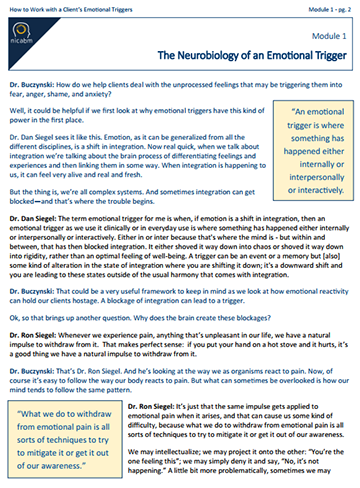Now 50% Off for a Limited Time
50% Off – Sale Ends Tomorrow
50% Off – Sale Ends Tonight
How to Help Your Client Manage Their Emotional Triggers with Practical Skills They Can Use in Real Time
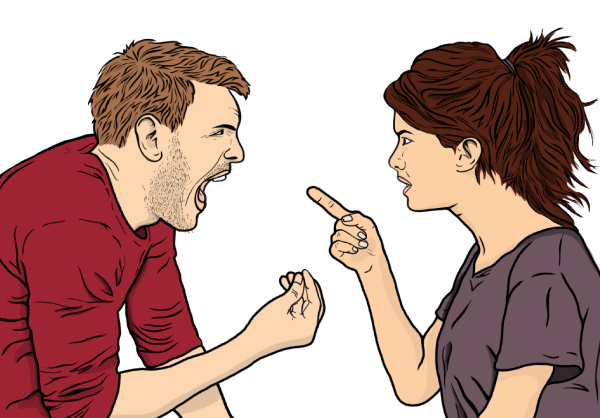 When clients get triggered, it can set off a chain reaction of emotional overwhelm and reactivity.
When clients get triggered, it can set off a chain reaction of emotional overwhelm and reactivity.
So how do we help clients shift out of this difficult cycle when their nervous system starts to rev up (or shut down)?
First, we need specific strategies that can keep clients from becoming overwhelmed when difficult emotions get triggered.
Then we have to help clients learn how to interrupt powerful behavior-trigger-reward loops.
From there, we have to address the emotional triggers left behind from trauma and attachment wounds.
Most importantly, we have to help clients carry this work out into the real world so that they can function more fully and effectively.
That’s why we got together with 26 top experts and asked for their best strategies for working with clients’ emotional triggers. For the first time ever, all their expert insights have been gathered in one place . . .
How to Work with a Client’s Emotional Triggers
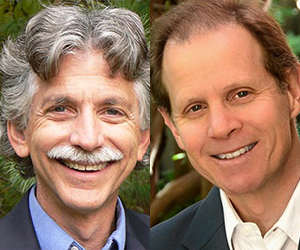
The Neurobiology of an Emotional Trigger
Ron Siegel, PsyD Dan Siegel, MD
- How the brain primes us for emotional triggers
- Two ways the brain processes emotion that can fuel emotional sensitivity
- The trigger pipeline that connects unprocessed feelings to impulsivity
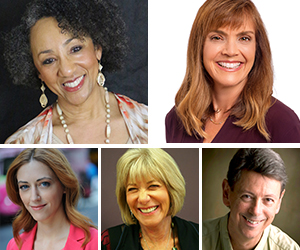
How to Help Clients Avoid Being Overwhelmed When Strong Emotions Are Triggered
Shelly Harrell, PhD Lynn Lyons, LICSW
Kelly McGonigal, PhD Joan Borysenko, PhD
Rick Hanson, PhD
- The “Band-Aid” strategy to prevent an emotional wound from getting triggered
- The trigger-resistant mindset that can help clients escape a reactivity cycle
- How to keep your client regulated when an emotional trigger gets tripped
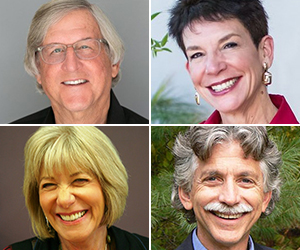
How to Prevent Vulnerabilities from Turning into Painful Triggers
Michael Yapko, PHD Deany Laliotis, LICSW
Joan Borysenko, PhD Ron Siegel, PsyD
- One question that can hit the “pause button” on a client’s trigger response
- A simple reframe that can disarm the power of an emotional trigger
- How to connect clients with trigger-resistant resources to keep them from being emotionally flooded
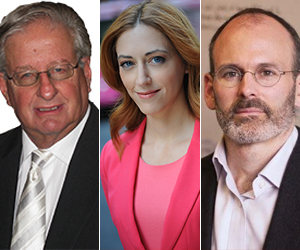
How to Break Habit-Trigger-Reward Loops
Donald Meichenbaum, PhD Kelly McGonigal, PhD
Judson Brewer, MD, PhD
- One simple strategy that can shift a blamer out of their deeply-ingrained justifications
- How to help clients reduce the shame they attach to their reactivity
- Why shame can glue clients to their triggers
- Why guilt makes an emotional trigger so much more powerful (and how to undo this)
- How to help clients visualize their trigger sequence to find their pain points
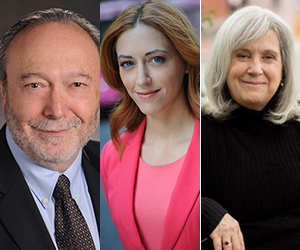
How to Work with a Client Whose Nervous System is Easily Triggered
Stephen Porges, PhD Deb Dana, LCSW
Kelly McGonigal, PhD
- How a trigger response can block a client’s ability to process safety cues
- How a triggered physiology can spark a downward spiral of negative experience

How to Help Clients Who Dissociate When Triggered
Christine Padesky, PhD Pat Ogden PhD
Rick Hanson, PhD
- The vital first step before working with a dissociated client
- How to strengthen a client’s emotional tolerance when they dissociate
- A simple strategy to neutralize emotional overwhelm and prevent dissociation

How To Work with Emotional Triggers Connected to Trauma
Resmaa Menakem, MSW, LICSW Peter Levine, PhD
Kelly McGonigal, PhD Ron Siegel, PsyD
Rick Hanson, PhD
- How traumatic memory can lead to unpredictable triggers
- How to safely foster better present-moment awareness in traumatized clients who feel disconnected from their body
- How to avoid getting triggered by a client’s high-octane reactivity
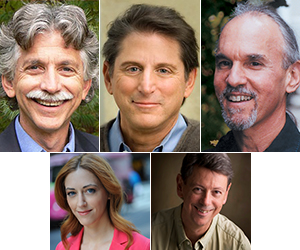
How to Help Clients Build Powerful Self-Regulation Skills
Ron Siegel, PsyD Terry Real, MSW, LICSW
David Wallin, PhD Kelly McGonigal, PhD
Rick Hanson, PhD
- One critical skill that can prevent triggered emotions from escalating
- How to work with clients who have become attached to their reactive response
- A 3-step approach to help clients take back control from their trigger

How to Work with Triggers Fueled by Negative Attachment
Richard Schwartz, PhD Pat Ogden, PhD
Rick Hanson, PhD
- Why it’s crucial to discriminate whether a trigger’s origin is trauma or attachment
- How to work with the 3 main fears that can undermine the treatment of triggers
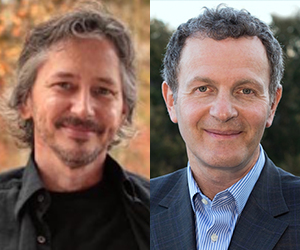
How to Neutralize a Reactivity Pattern
Kelly Wilson, PhD Zindel Segal, PhD
- The first two steps in addressing a trigger response that can profoundly affect outcome
- How to help diminish a client’s road rage that’s leaving them tired and angry
- How to expand a client’s capacity to choose a better response to their trigger
- One way to help a war veteran shift a core belief that’s fueling their trigger
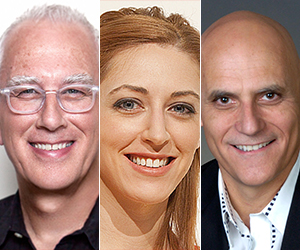
How to Help Clients Shift from Reactivity to Healing
Bill O’Hanlon, LMFT Kelly McGonigal, PhD
Steven Hayes, PhD
- A strong coping strategy for the unmet needs that drive reactivity
- How to deepen a client’s context sensitivity to increase the space between trigger and reaction
Register Here for $197 Only $97
and get 14 videos, audios, and transcripts, including 2 bonuses
to help you work more effectively with a client’s emotional triggers
4 CE/CME Credits or Clock Hours are available for purchase at checkout.
Click HERE to get information about CE/CME credits and clock hours as well as speaker disclosures
“The complexity of the dynamics are addressed better in the courses you teach than I’ve seen anywhere else.”
— Carmela Wegner, MFT —

For This Short Course on How to Work with a Client’s Emotional Triggers, We Brought Together Some of the Top Experts in the Field
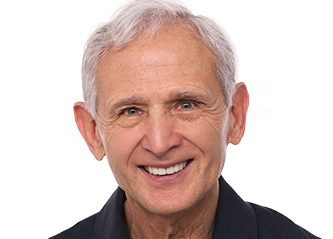
Peter Levine, PhD
Founder of Somatic Experiencing; Author of Trauma and Memory: Brain and Body in a Search for the Living Past: A Practical Guide for Understanding and Working with Traumatic Memory.
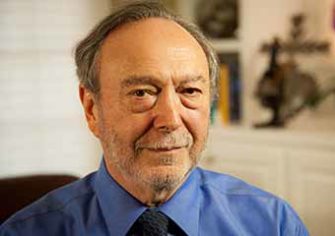
Stephen Porges, PhD
Developer of Polyvagal Theory; Distinguished University Scientist at the Kinsey Institute at Indiana University Bloomington and Research Professor in the Department of Psychiatry at University of North Carolina Chapel Hill.

Pat Ogden, PhD
Pioneer in Somatic Psychology; Founder and Director of Sensorimotor Psychotherapy Institute (SPI); Co-founder of the Hakomi Institute; Author of Sensorimotor Psychotherapy: Interventions for Trauma and Attachment.
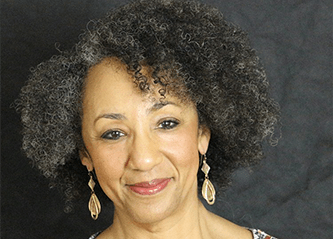
Shelly Harrell, PhD
Licensed psychologist specializing in multicultural and community psychology; Professor of Psychology in the Graduate School of Education at Pepperdine University.
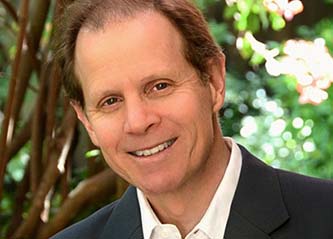
Dan Siegel, MD
Executive Director of the Mindsight Institute; Co-Director of UCLA’s Mindful Awareness Research Center; author of Mindsight: The New Science of Personal Transformation and The Mindful Therapist: A Clinician’s Guide to Mindsight and Neural Integration.
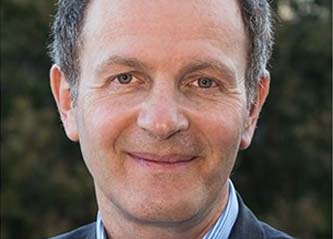
Zindel Segal, PhD
A founder of Mindfulness-Based Cognitive Therapy (MBCT); Professor of Psychology at the University of Toronto.
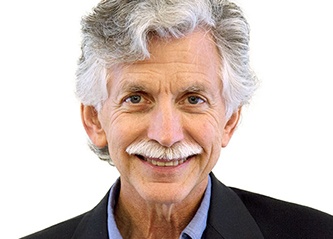
Ron Siegel, PsyD
Assistant Professor of Psychology, part time, Harvard Medical School; Author of The Mindfulness Solution: Everyday Practices for Everyday Problems and Sitting Together: Essential Skills for Mindfulness-Based Psychotherapy.

Bill O’Hanlon, LMFT
Co-developer of Solution-Oriented Therapy; Psychotherapist, speaker, and author of Do One Thing Different: Ten Simple Ways to Change Your Life.
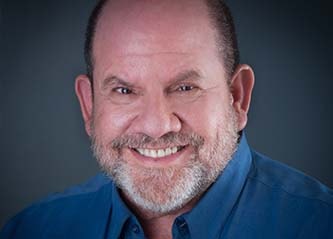
Stan Tatkin, PsyD, MFT
Founder of the PACT Training Institute and developer of a Psychobiological Approach to Couple Therapy (PACT).
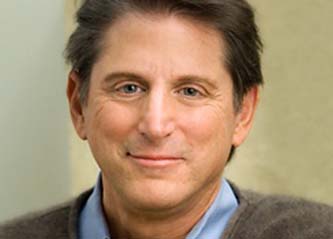
Terry Real, MSW, LICSW
Founder of the Relational Life Institute; Author of I Don’t Want to Talk About It: Overcoming the Secret Legacy of Male Depression and The New Rules of Marriage: What You Need to Make Love Work.
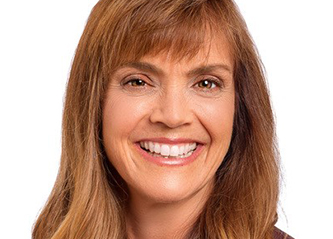
Lynn Lyons, LICSW
Author of Anxious Kids, Anxious Parents: 7 Ways to Stop the Worry Cycle and Raise Courageous & Independent Children, clinical social worker and psychotherapist specializing in anxiety in adults and children.
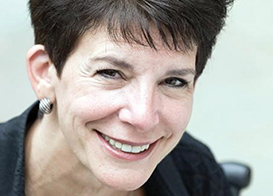
Deany Laliotis, LICSW
Director of Training at EMDR Institute; Specialist in treatment of traumatic stress disorders and attachment issues; author of chapters and articles on EMDR therapy.
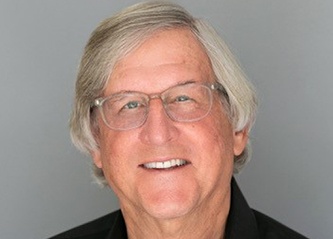
Michael Yapko, PhD
Leading expert in clinical hypnosis and treating depression; Clinical psychologist and author of 15 books including his newest books, The Discriminating Therapist and Keys to Unlocking Depression.
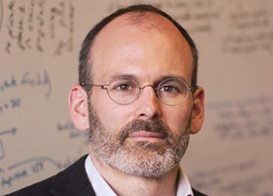
Judson Brewer MD PhD
Founder of Claritas MindSciences; Formative leader in combining mindfulness and neurofeedback techniques for working with addiction; Author of The Craving Mind.
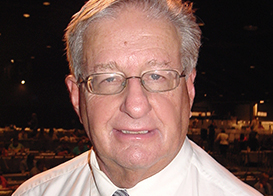
Donald Meichenbaum PhD
Creator of Cognitive Behavioral Modification (CBM); Contributor to the development of Cognitive Behavioral Therapy (CBT); author of Roadmap to Resilience: A Guide for Military Trauma Victims and Their Families.
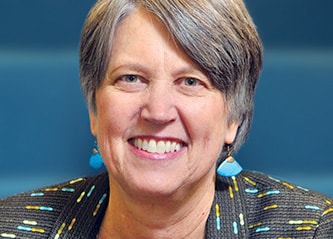
Christine Padesky, PhD
Co-founder of the Center for Cognitive Therapy in Huntington Beach, California; Co-creator of Strengths-Based CBT; Co-author of Mind Over Mood and Collaborative Case Conceptualization.
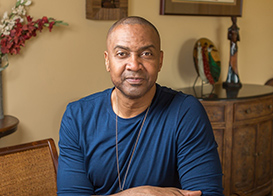
Resmaa Menakem MSW LICSW SEP
Expert on conflict and violence; Teacher of Cultural Somatics; Former Director of Counseling Services for the Tubman Family Alliance; Former Behavioral Health Director for African American Family Services in Minneapolis.
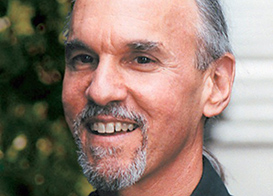
David Wallin, PhD
Clinical Psychologist; author of Attachment in Psychotherapy; Lecturer on attachment and psychotherapy.
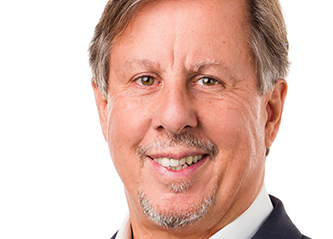
Richard Schwartz, PhD
Founder of Internal Family Systems (IFS) and The Center for Self Leadership; Author of Introduction to Internal Family Systems.

Kelly Wilson, PhD
Co-author of Acceptance and Commitment Therapy: An Experiential Approach to Behavior Change; Founder of OneLife Education Training, LLC.
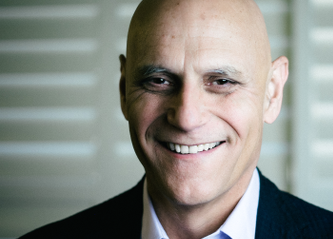
Steven Hayes, PhD
Creator of Acceptance and Commitment Therapy (ACT); Nevada Foundation Professor at the Department of Psychology at the University of Nevada, Reno.
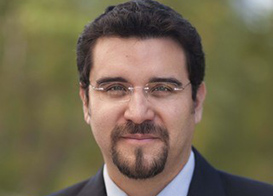
Miguel Gallardo, PsyD
Licensed Psychologist specializing in multicultural and social justice; Associate Professor at Pepperdine University’s Graduate School of Education and Psychology; author of Case Studies in Multicultural Counseling and Therapy.
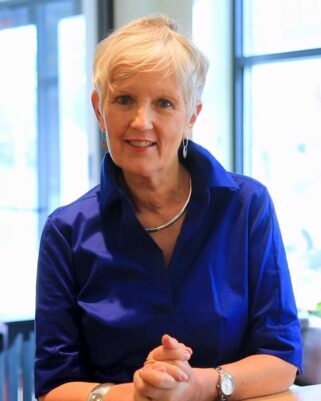
Course Director
Ruth Buczynski, PhD
Here's What You'll Get:
Everything is yours to keep forever in your professional library
|
|
Downloadable videos so you can watch at your convenience, on any device |
|
|
Audio recordings you can download and listen to at home, in the car, at the gym or wherever you like |
|
|
Professionally-formatted transcripts of the sessions, to make review and action simple |
|
|
Three downloadable bonus videos to help you work more effectively with emotional triggers |
Get 2 Bonuses That Give You Even More Strategies for Working with a Client’s Emotional Triggers
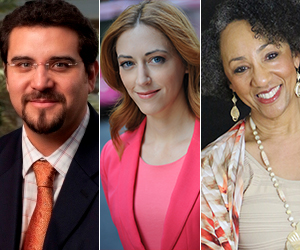
Treating Emotional Triggers in Clients from Marginalized Populations
Miguel Gallardo, PsyD Shelly Harrell, PhD
- One crucial treatment process that can reduce a client’s reactivity to prejudice
- How to help triggered clients shift from automatic reaction to mindful response
- How to counter a brain that’s automatically choosing a stress response
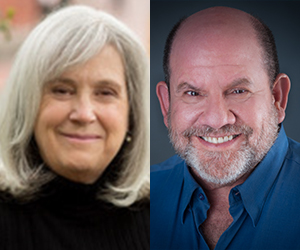
Working with Highly-Triggered Couples
Stan Tatkin, PsyD Deb Dana, LCSW
- How to undo the emotional reactivity that can take over a relationship
- How a couple’s synergy can reveal a hidden struggle with triggered emotions
- A practical strategy to reduce toxic relationship distress
- How to help clients who may be getting triggered by their partner’s non-verbal cues
Register Here for $197 Only $97
and get 14 videos, audios, and transcripts, including 2 bonuses
to help you work more effectively with a client’s emotional triggers
4 CE/CME Credits or Clock Hours are available for purchase at checkout.
Click HERE to get information about CE/CME credits and clock hours as well as speaker disclosures
Starting Today, This Program Can Change the Way You Practice

. . . I feel so fortunate to have this access to brain power, experience and research synthesis . . .
“When I listen to the experts talk openly about their experience, I feel so fortunate to have this access to brain power, experience and research synthesis on cutting edge issues! I go back to the videos to reinforce things that will assist my clients.”
Mary Logan, Counselor
Ipswich, MA

I benefit, my practice benefits, and most important my clients benefit . . .
“I live in Nova Scotia and have limited travel funds at the university at which I work. The series provided by NICABM gives me the rare opportunity to listen to the leaders in the field. As a result, I learn valuable information that would not otherwise be available to me. I benefit, my practice benefits, and most important my clients benefit from the knowledge and wisdom I gain from the series.”
David Mensink, PhD Counseling Psychology, Psychologist
Halifax, Nova Scotia, Canada
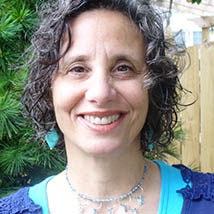
. . . some dare to go the extra journey to research and educate
“These NICABM series keep me afloat, in touch, on track, well trained in my field, and more personally healthy. The best aspect, though, is that I feel validated and comforted knowing that some dare to go the extra journey to research and educate, so I can walk the path to health, and can share with others.”
Mary Corsello-Vilcheck, LCSW
Midlothian, VA
Why the Transcript Is Essential:
- The transcript makes it easy to go back and double check concepts, citations and names that are mentioned
- We put in a table of contents to make it easy for you to find the exact part of the webinar you need
- Having the concepts already written allows you to take notes on how you’re going to use the ideas rather than transcribing the ideas
- Some people simply learn better by reading than by listening or watching
- You will be able to print out and share techniques presented in the session with your patients

“I really liked being able to follow along with the transcripts as I listened…it was nice not to feel like I had to take notes. I really feel like I remember more when I both hear and see at the same time.”
Mary Ellen McNaughton, Masters in Counseling, Psychology Counselor
Kelowna, British Colombia, Canada
You Are Protected By
NICABM’s Money-Back Guarantee
We invite you to register for this comprehensive training program without any risk. Unless you are completely satisfied, we will refund your money. Just let us know within 30 days from the date of registration. We are that confident that you will find this information to be more than you expected.
Register Here for $197 Only $97
and get 14 videos, audios, and transcripts, including 2 bonuses
to help you work more effectively with a client’s emotional triggers
4 CE/CME Credits or Clock Hours are available for purchase at checkout.
Click HERE to get information about CE/CME credits and clock hours as well as speaker disclosures

